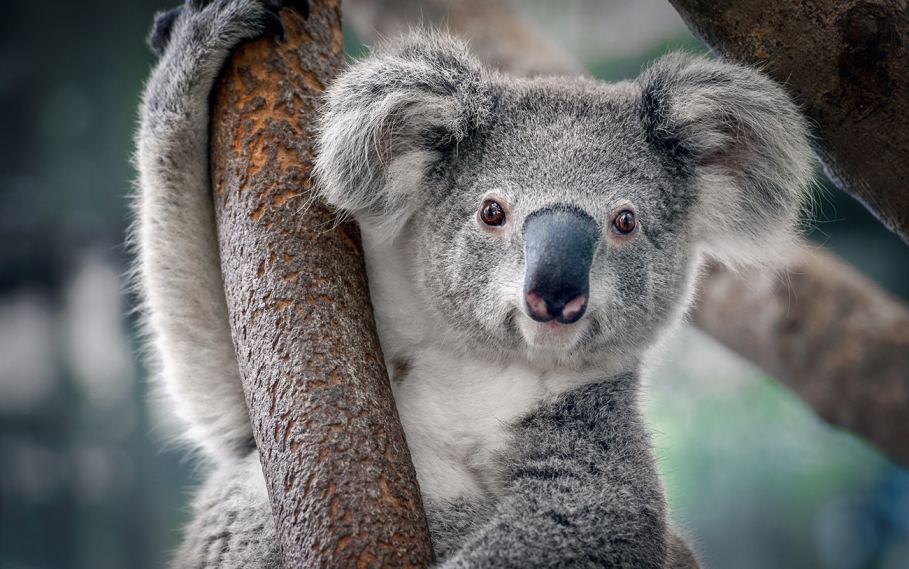Australia approves Koala vaccine to fight deadly chlamydia

Chlamydia spreads among koalas through close contact or mating and can lead to painful urinary tract infections, conjunctivitis, blindness, infertility, and often death.
Australia has taken a major step towards saving its endangered koala population with the approval of a vaccine designed to fight the chlamydia epidemic devastating the species.
Scientists at the University of the Sunshine Coast (UniSC) have spent over ten years developing the single-dose jab, which could prevent widespread deaths and infertility among wild koalas across eastern Australia.
"Some individual wild colonies, where infection rate can be as high as 70%, are edging closer to extinction every day," said Peter Timms. With regulatory approval now secured, the team hopes to secure funding to distribute the vaccine in wildlife hospitals, veterinary clinics, and directly to koalas in their natural habitats.
"It has been a long road... There's been points along the pathway, I think we nearly gave up," Dr Timms, a microbiologist, added. "Today's a very exciting day."
Chlamydia spreads among koalas through close contact or mating and can lead to painful urinary tract infections, conjunctivitis, blindness, infertility, and often death. Both male and female koalas are affected, and joeys can contract the disease while feeding in their mother’s pouch.
Treatment is risky. Antibiotics are typically used to combat chlamydia, but these can destroy the gut bacteria koalas need to digest eucalyptus leaves, their main food source, potentially causing starvation.
Koalas have faced multiple threats in recent decades, including habitat loss from land clearing, natural disasters, feral predators, and urban development.
Yet chlamydia has been the deadliest, accounting for up to half of all deaths and claiming thousands of animals. Current estimates suggest only 50,000 koalas remain in the wild, with fears they could disappear from some states within a generation.
UniSC’s vaccine has been tested on hundreds of wild koalas, and the decade-long research formed the basis of federal approval—the largest and longest study ever conducted on wild koalas.
"This study found [the vaccine] reduced the likelihood of koalas developing symptoms of chlamydia during breeding age and decreased mortality from the disease in wild populations by at least 65%," said UniSC scientist Sam Phillips.
The team aims to make the vaccine available for free, with a rollout potentially starting in January next year, prioritising wildlife hospitals and the most vulnerable populations.
However, treating chlamydia remains expensive, and capturing and vaccinating wild koalas adds to the cost. Dr Timms stressed the need for funding to move the vaccine from trial to full-scale implementation.
"To get funding now, so that we can do this next phase where the vaccine actually becomes a reality... not just a trial, would be a pretty amazing thing," he said.
While the vaccine is a critical tool, it is not a complete solution. Dr Timms emphasized that addressing habitat loss remains essential. "Habitat loss is the most important thing - if you haven't got a tree nothing much else matters," he said.
Environment Minister Murray Watt welcomed the approval, noting that the vaccine would help ensure future generations can see koalas in the wild, alongside continued efforts in species monitoring and habitat restoration.
Earlier this week, the New South Wales government announced the addition of 176,000 hectares to create the Great Koala National Park, expected to protect over 12,000 koalas and provide a home for more than 100 other threatened species.
